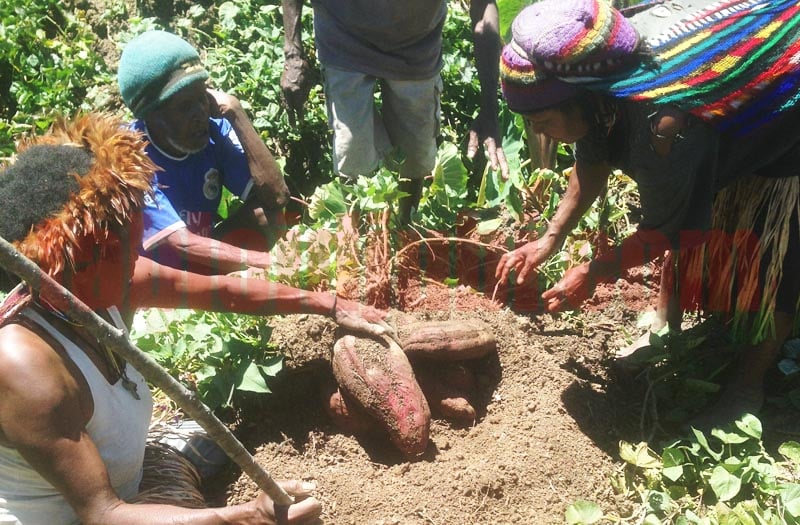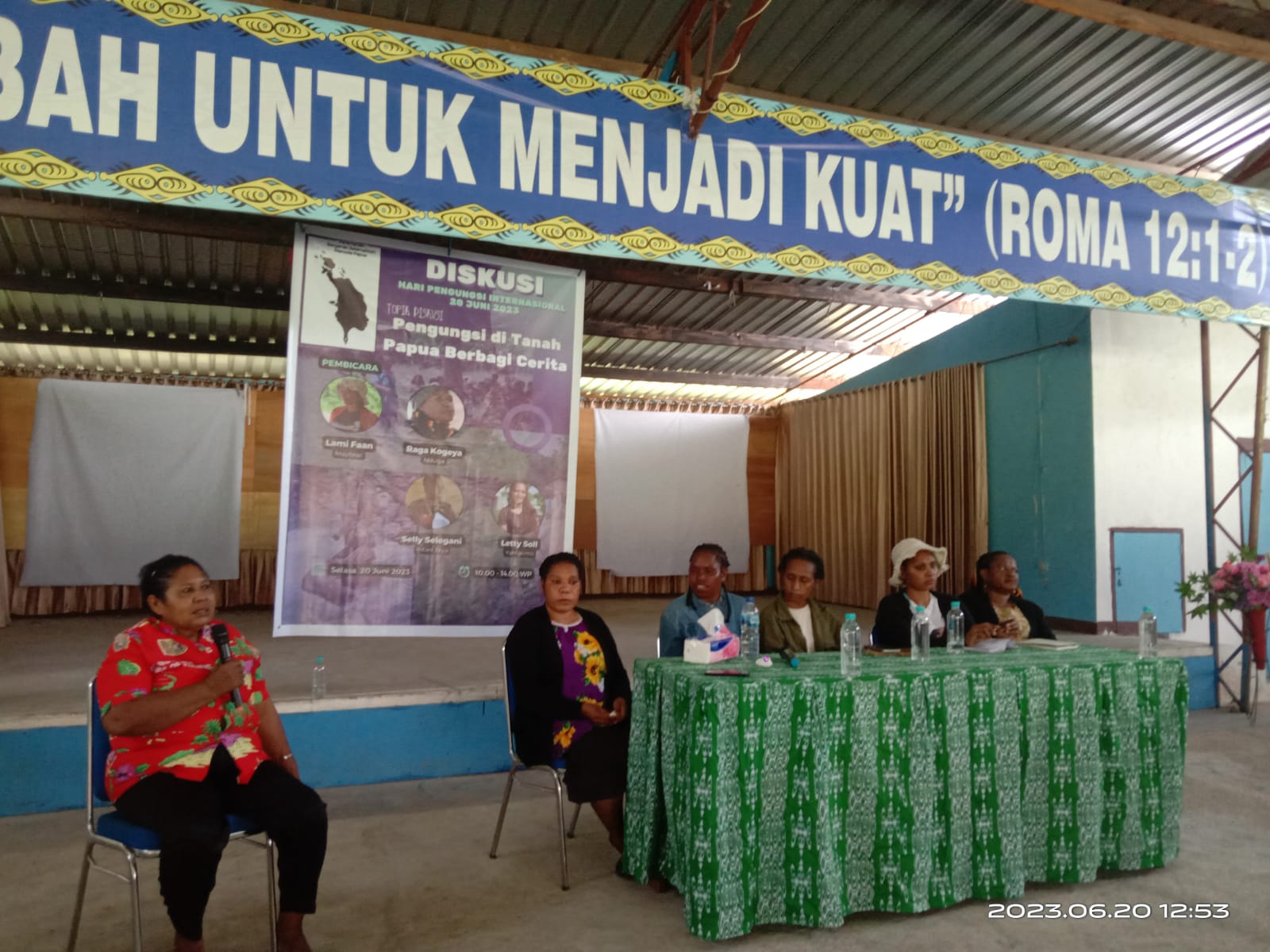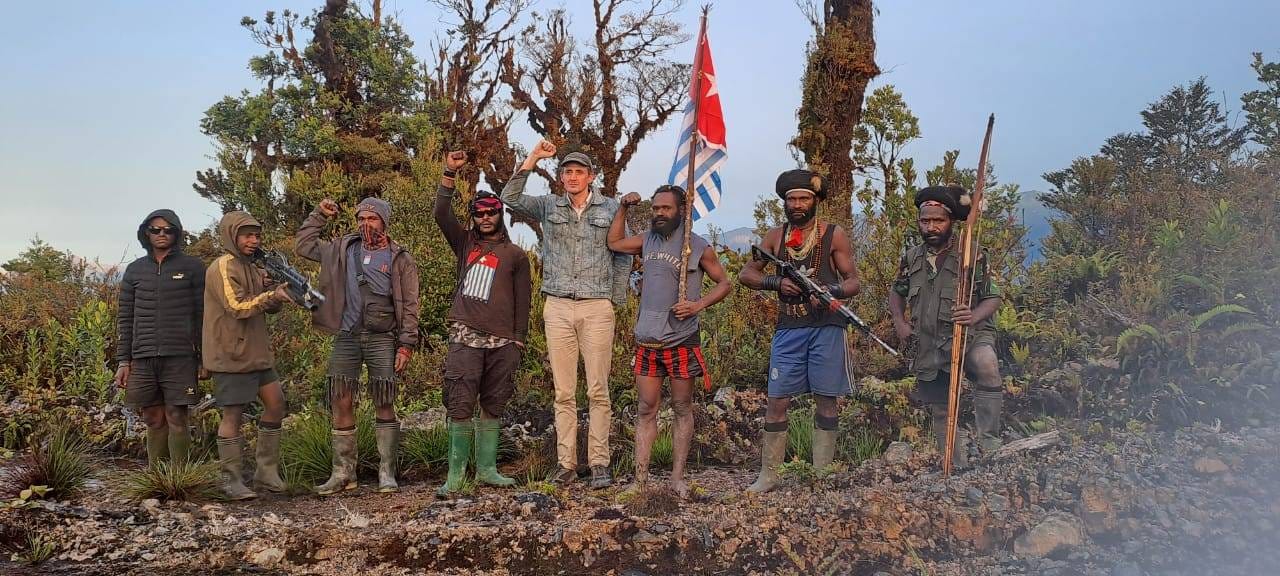
Jayapura, Jubi/OpenGovAsia – Over the years, mass urbanisation has taken place in Indonesia, leading many to pack their bags and trek to centres like Jakarta.
Agricultural resources are valuable to our entire planet as they give us the air we breathe, the food we eat, the nutrients we need, and are often used to produce medical antidotes. That is why they are so important to maintain and protect.
Over the years, mass urbanisation has taken place in Indonesia, leading many to pack their bags and trek to centres like Jakarta. It has been said that this migration takes place due to unbalanced development and lack of security.
Since agricultural resources are a main staple of these rural areas, there must be enough land and crop production to meet this demand. This need can be met by modernising agricultural processes.
As M. Ikhsan Shiddieqy, Researcher at Indonesian Agency for Agricultural Research and Development, Ministry of Agriculture has shared through his research, “Agricultural modernization leads to the enhancement of crop production. The increase of agricultural production means there will be increase of the farmer’s income as well. This will make farmers feel more confident in facing their future. The government can make this happen with, for example, utilization of energized well-irrigation and fertilizer distribution.”
Indonesia aims to increase its agricultural production through the use of advanced technology. In order to meet the growing demand, they must introduce modern agricultural tools and technologies to farmers.
While in Merauke, a regency in the Papua province, President Joko Widodo stated, “The government will mobilise support to farmers and businessmen until the target of 1.2 million hectares of agricultural land that can provide harvest three times a year is achieved.”
The Government plans to introduce machines which will be used for planting through harvesting. This is the first known instance of using machinery in crop production and management.
Through this plan, the Government is prompting regional authorities to help the farmers in transitioning to using these technologies.
President Jokowi says this development should take 2 years to implement. Effects on irrigation and using underground water will be monitored closely as well.
This plan follows the 3 year vision for Indonesia to be self-sufficient in producing rice, corn, and soybeans. This target was set by President Jokowi for the Ministry of Agriculture to reach. (Jacqueline Kelleher)
















